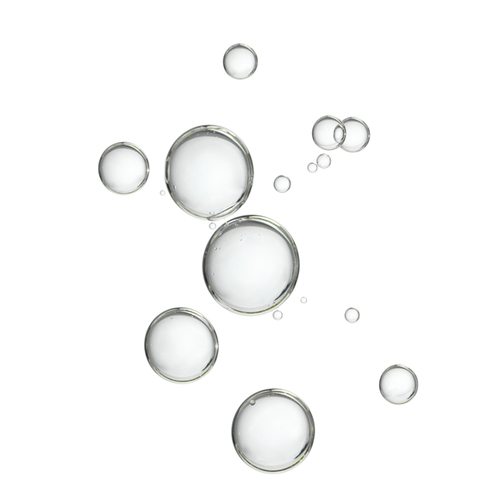
Vitamin o
Alternate names: Liquid Oxygen, Oxygène Liquide, Oxygène Liquide Stabilisé, Oxygène Stabilisé, Stabilized Liquid Oxygen, Stabilized Oxygen, Vitamina O, Vitamine O
Background
Despite its name, vitamin O is not a vitamin. It claims to be a liquid form of oxygen that can be used as a medicine. However, vitamin O is more likely to be nothing more than water and minerals. The manufacturer of vitamin O was charged by the United States Federal Trade Commission (FTC) for making unsupported claims about their product. In May 2000, they agreed to pay $375,000 to the FTC to settle these charges.
People use vitamin O for conditions such as infections, depression, joint pain, stomach problems, and many others, but there is no good scientific evidence to support these uses.
People use vitamin O for conditions such as infections, depression, joint pain, stomach problems, and many others, but there is no good scientific evidence to support these uses.
Safety Safety definitions
When taken by mouth: There isn't enough reliable information to know if vitamin O is safe or what the side effects might be.
Special Precautions & Warnings:
Pregnancy and breast-feeding: There isn't enough reliable information to know if vitamin O is safe to use when pregnant or breast-feeding. Stay on the safe side and avoid use.Effectiveness
NatMed Pro rates effectiveness based on scientific evidence according to the following scale: Effective, Likely Effective, Possibly Effective, Possibly Ineffective, Likely Ineffective, Ineffective, and Insufficient Evidence to Rate.
Insufficient evidence Effectiveness definitions
- Arthritis.
- Asthma.
- Constipation.
- Depression.
- Diabetes.
- Dizziness.
- Headaches.
- Irritability.
- Lung disease.
- Menopause.
- Mouth sores.
- Muscle aches and pains.
- Obesity.
- Premenstrual syndrome (PMS).
- Sexual problems.
- Increasing energy.
- Improving alertness, concentration, immune function, and memory.
- Other conditions.
Dosing & administration
The appropriate dose of vitamin O depends on several factors such as the user's age, health, and several other conditions. At this time there is not enough scientific information to determine an appropriate range of doses for Vitamin O. Keep in mind that natural products are not always necessarily safe and dosages can be important. Be sure to follow relevant directions on product labels and consult your pharmacist or physician or other healthcare professional before using.
Interactions with pharmaceuticals
It is not known if Vitamin O interacts with any medicines. Before taking Vitamin O, talk with your healthcare professional if you take any medications.
Interactions with herbs & supplements
There are no known interactions with herbs and supplements.
Interactions with foods
There are no known interactions with foods.
Action
Vitamin O supposedly contains ingredients that release oxygen, but there is little scientific evidence to back this claim.
vital.ly has licensed monographs from TRC Healthcare.
This monograph was last reviewed on 13/06/2025 10:00:00 and last updated on 24/12/2012 22:20:39. Monographs are reviewed and/or updated multiple times per month and at least once per year.
Natural Medicines disclaims any responsibility related to medical consequences of using any medical product. Effort is made to ensure that the information contained in this monograph is accurate at the time it was published. Consumers and medical professionals who consult this monograph are cautioned that any medical or product related decision is the sole responsibility of the consumer and/or the health care professional. A legal License Agreement sets limitations on downloading, storing, or printing content from this Database. No reproduction of this monograph or any content from this Database is permitted without written permission from the publisher. It is unlawful to download, store, or distribute content from this site.




